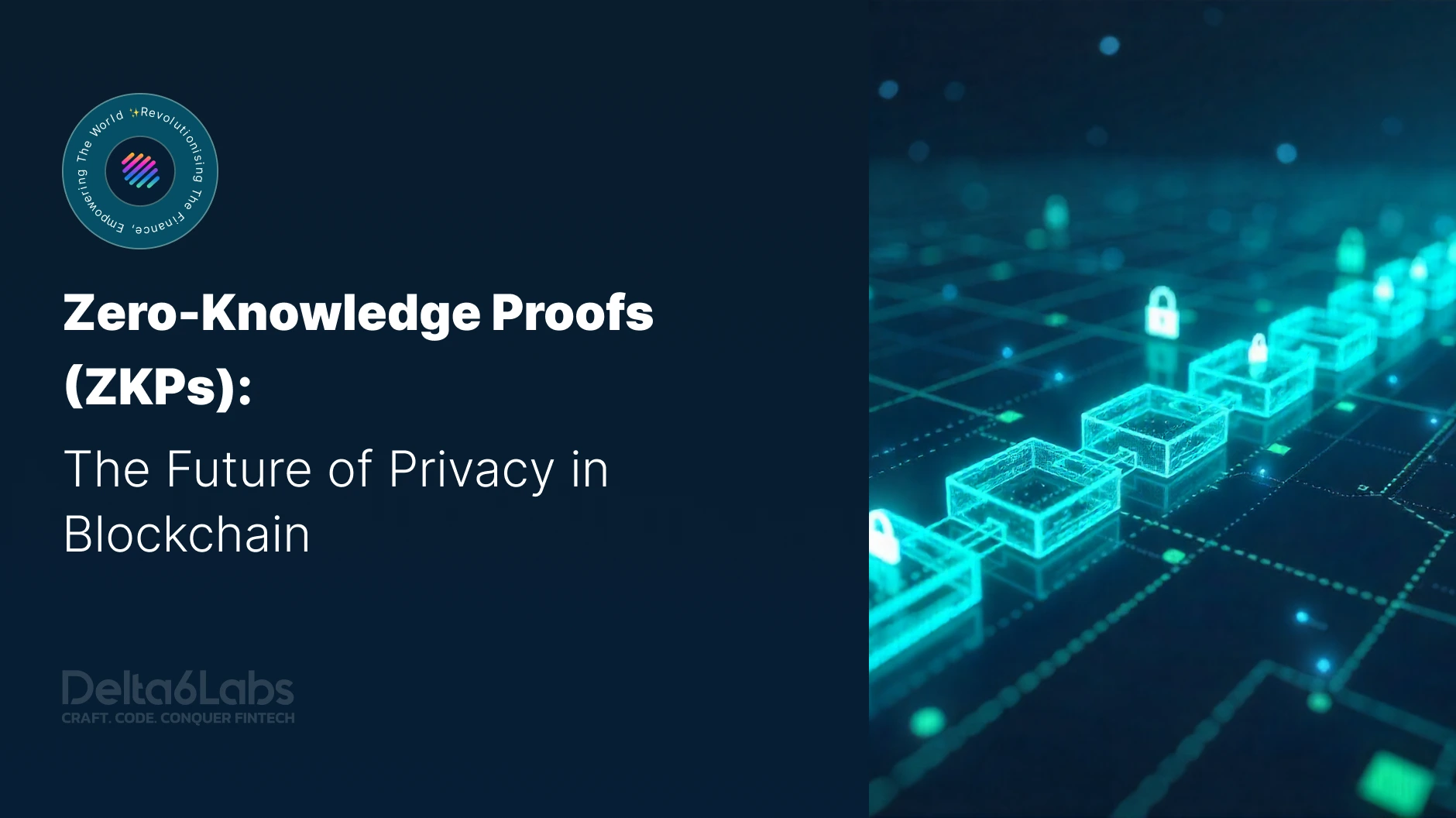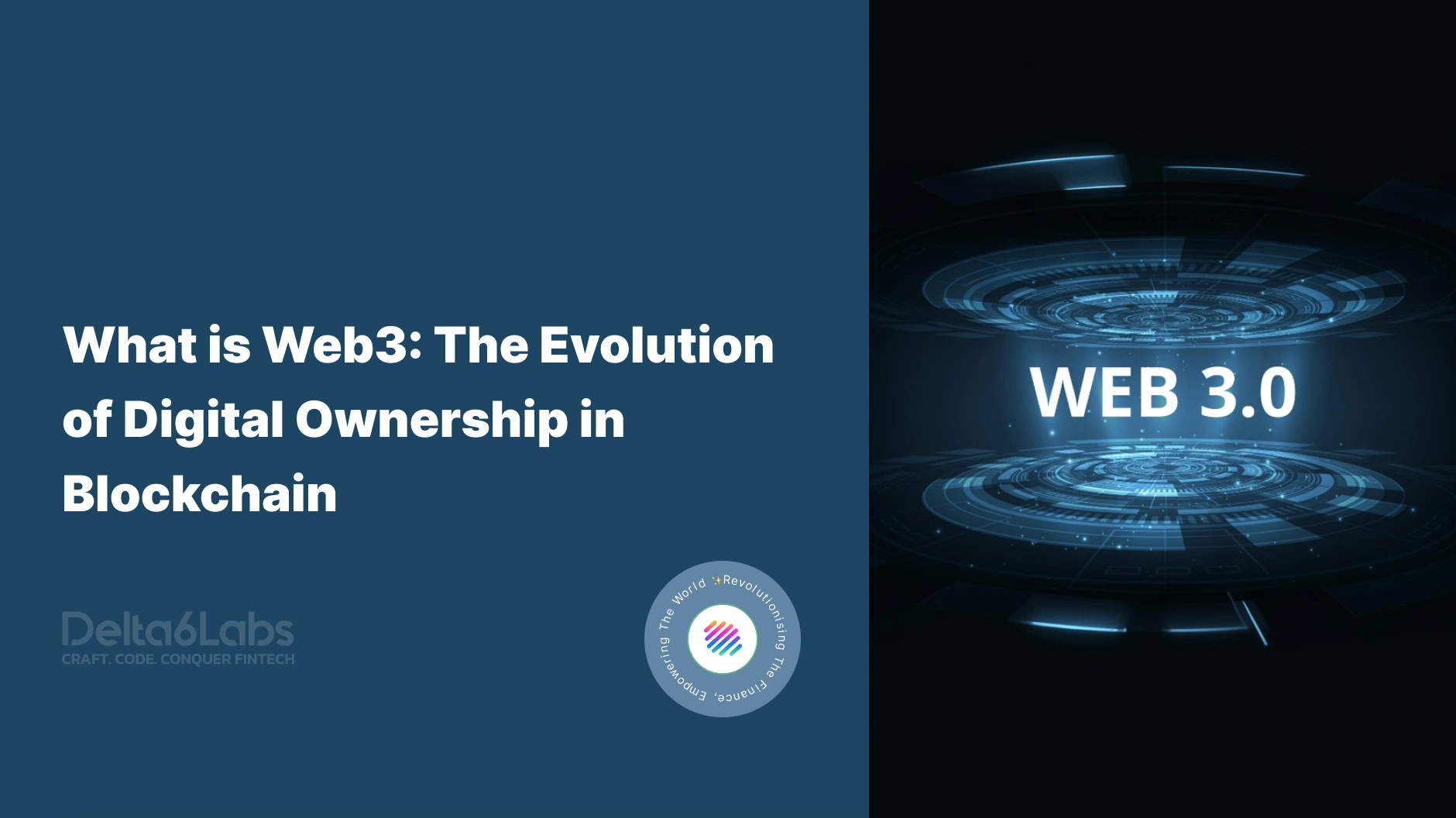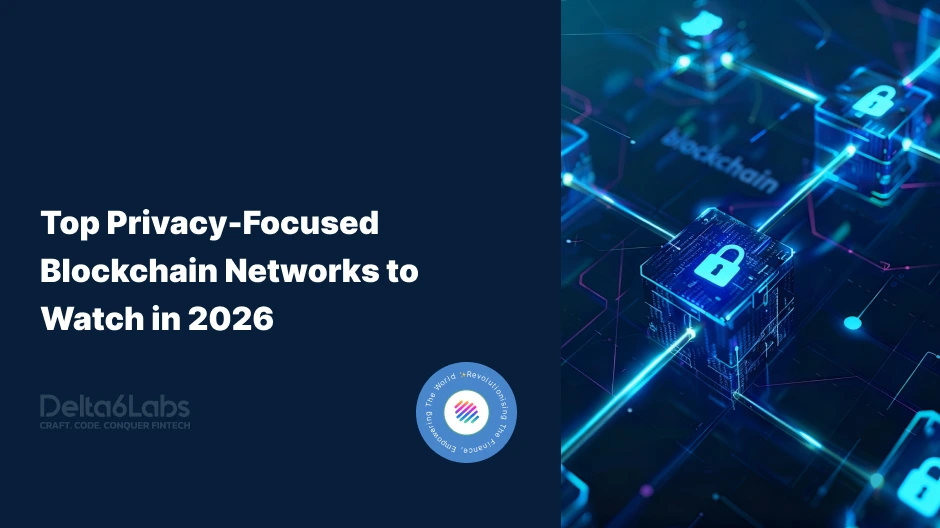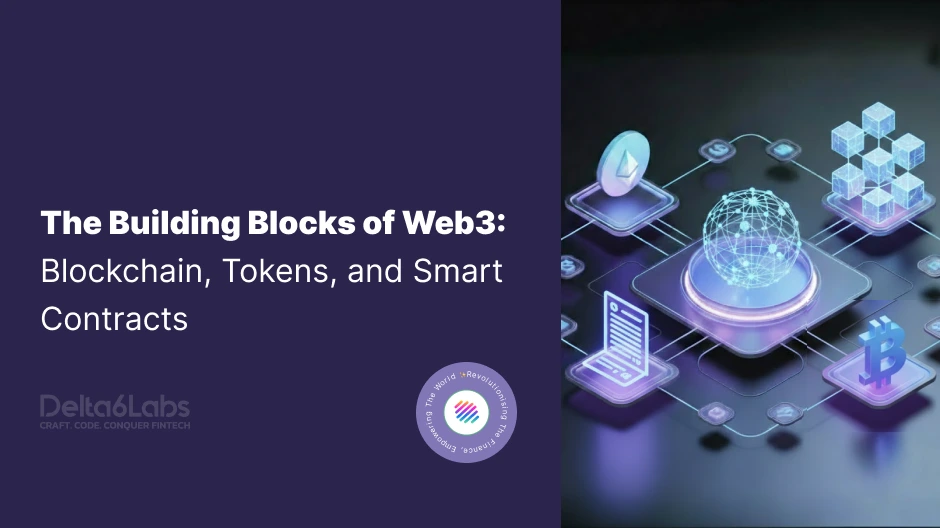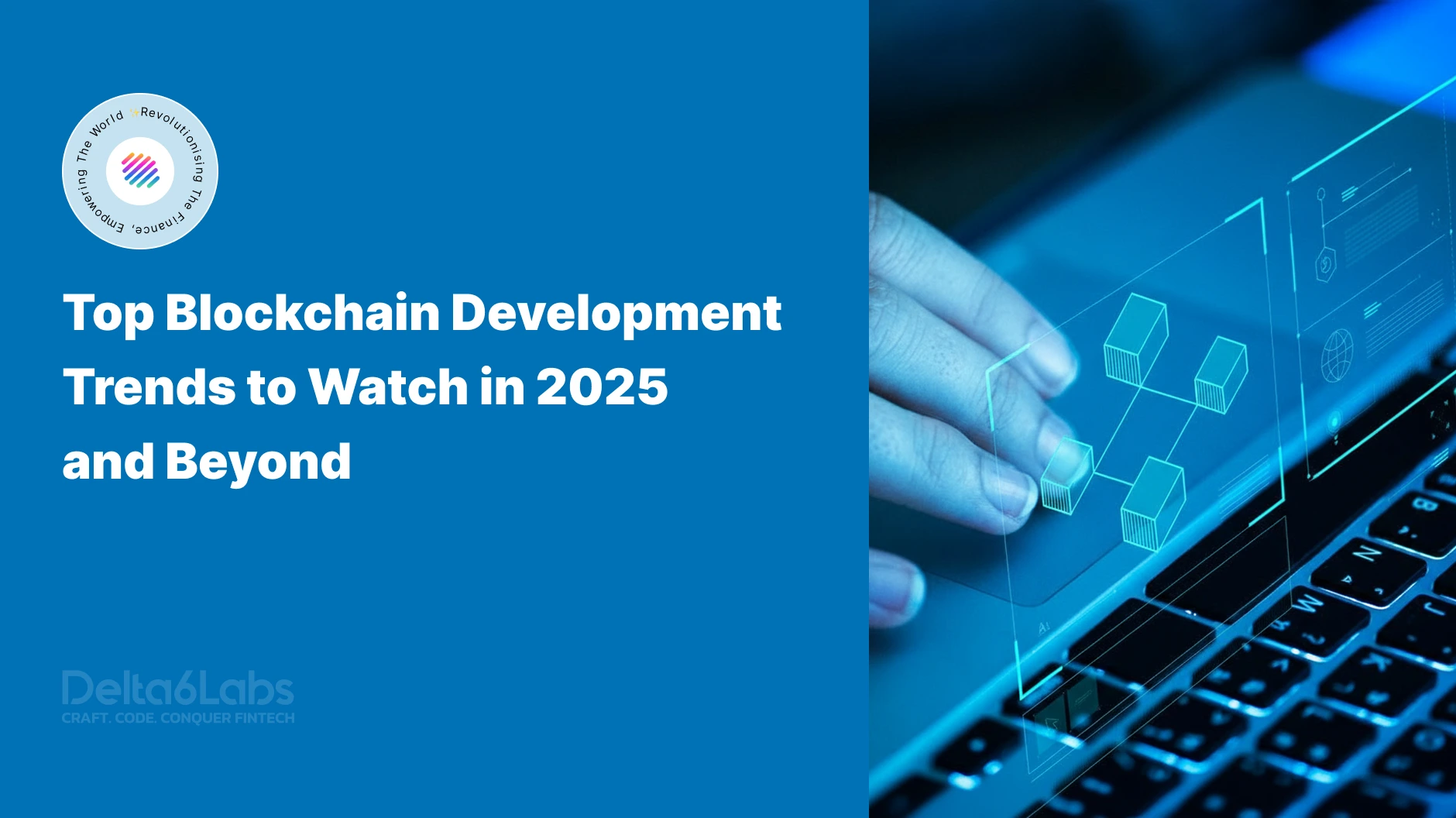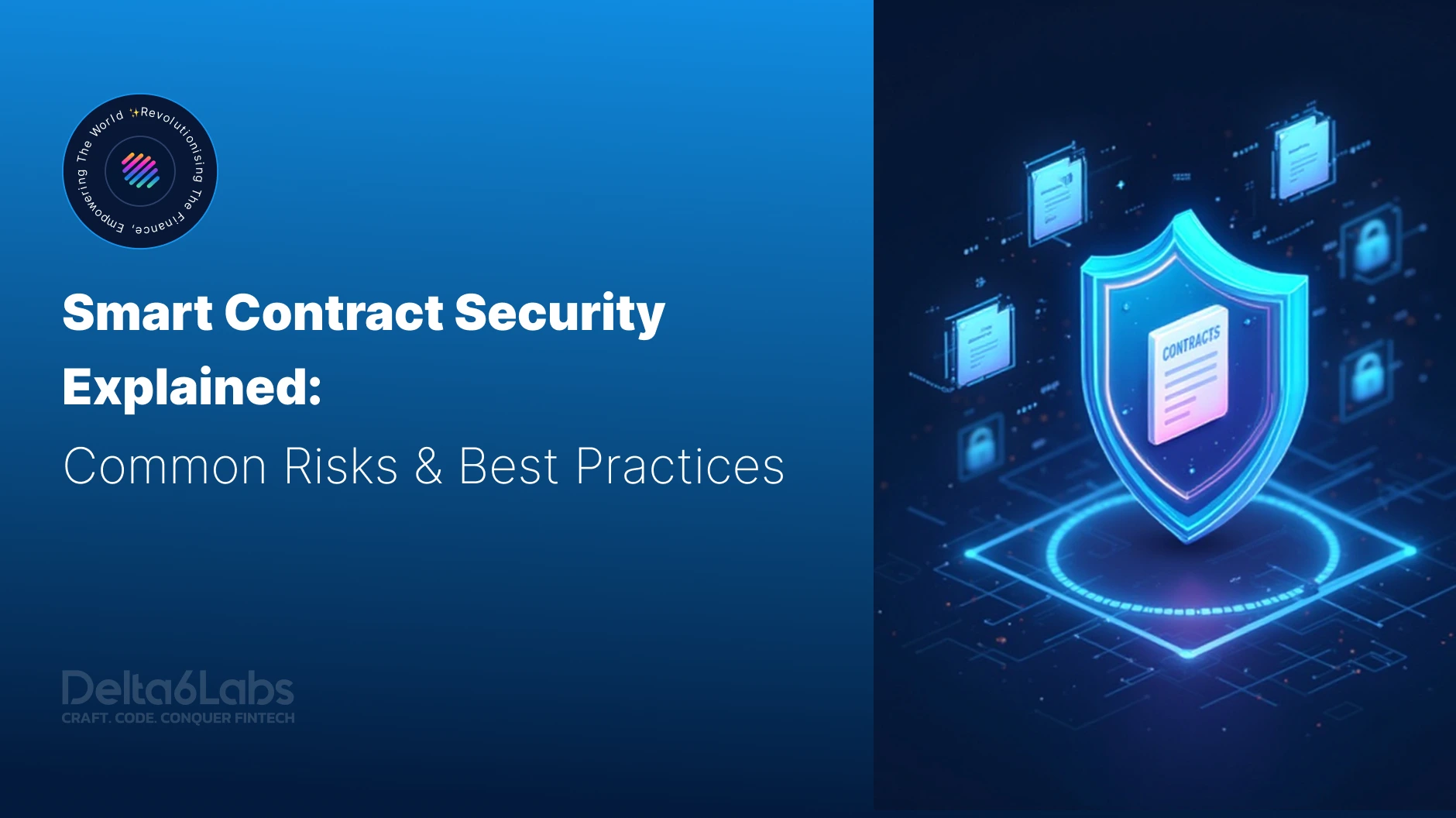Zero-Knowledge Proofs (ZKPs): The Future of Privacy in Blockchain
Table of Contents
This is where Zero-Knowledge Proofs (ZKPs) come into play, offering a powerful cryptographic method that can revolutionize the preservation of privacy on public and decentralized networks. ZKPs are poised to be a cornerstone of blockchain innovation, striking a balance between openness and confidentiality in a manner previously unimaginable.
What Are Zero-Knowledge Proofs (ZKPs)?
Zero-Knowledge Proofs are cryptographic protocols that allow one party (the prover) to prove to another party (the verifier) that a particular statement is true, without revealing any additional information beyond the validity of the statement itself. Imagine proving that you know a password without actually showing it. That’s the essence of a ZKP.
The concept of zero knowledge proof was initially brought to light in the 1980s by Shafi Goldwasser, Silvio Micali, and Charles Rackoff. Since then, ZKPs have developed from a theoretical idea into a practical tool, especially within the fields of blockchain and Web3 technologies.
Key Properties of Zero-Knowledge Proofs
ZKPs possess three fundamental properties:
- Completeness: If the statement is true, a truthful prover can convince the verifier.
- Soundness: If the statement stands false, any deceitful prover cannot convince the verifier otherwise.
- Zero-Knowledge: If the statement stands correct, the verifier gets nothing but the fact that it is indeed correct.
This ensures that privacy and trust can coexist, which is a crucial advantage in decentralized systems.
Types of Zero-Knowledge Proofs (ZKPs)
There are two primary categories of ZKPs used in blockchain systems:
Interactive ZKPs
ZKPs need to have various rounds of information sharing between the prover and verifier. They are effective in theoretical frameworks but are often impractical for large-scale or decentralized applications due to communication overhead.
Non-Interactive ZKPs (NIZKs)
NIZKs enable the prover to produce a single proof that the verifier can independently verify. NIZKs are ideal for blockchain use, as they enable scalability and low-latency verification. The most common implementations include:
- zk-SNARKs (Zero-Knowledge Succinct Non-Interactive Argument of Knowledge)
- zk-STARKs (Zero-Knowledge Scalable Transparent Argument of Knowledge)
Real-World Applications
ZKPs are already transforming how privacy is implemented in blockchain systems. Here are a few notable applications:
Private Transactions
Projects like Zcash use zk-SNARKs to enable shielded transactions, where senders, recipients, and amounts remain confidential while still being verifiable on-chain.
Scalability and Rollups
Protocols such as zkSync and StarkNet leverage ZK-rollups to batch hundreds or thousands of transactions off-chain and post a single proof on-chain. This brings down the gas costs and boosts throughput while maintaining security.
Identity Verification
With ZKPs, users can prove they meet specific criteria (like being over 18 or possessing a valid license) without revealing their identity. This has massive implications for DeFi, gaming, and decentralized identity systems.
Voting and Governance
Zero-knowledge voting allows participants to cast votes without revealing their choices, ensuring both anonymity and verifiability—a critical feature for decentralized governance and DAOs.
Compliance and Regulation
ZKPs offer a novel solution for compliance in sectors like finance. For example, a user could prove they are compliant with anti-money laundering (AML) checks without disclosing sensitive financial details.
Challenges of ZKPs
Despite their promise, ZKPs are not without challenges:
Computational Overhead
One of the biggest challenges of ZKPs is that generating and verifying ZKPs can be resource-intensive, especially for complex computations.
Trusted Setup
Some zk-SNARK implementations require an initial trusted setup, which can be a centralization risk if not managed properly.
Usability
Abstract and technical by nature, ZKPs need better tools and developer frameworks to drive adoption.
Standardization
As technology matures, standardized protocols and auditing frameworks will become crucial for establishing mainstream trust and interoperability.
The Road Ahead
As blockchain technology enters its next phase of growth, ZKPs are positioned to play a central role in making it more private, scalable, and enterprise-friendly. Research and development in ZKPs are accelerating, with notable academic institutions, startups, and blockchain foundations investing heavily in improving performance and usability.
Ethereum’s roadmap prominently features zk-rollups as a long-term scaling solution, and platforms like Mina Protocol are pioneering blockchains with native ZKP integration from the ground up.
Furthermore, the convergence of ZKPs with Decentralized Identity (DID) and Verifiable Credentials (VCs) points to a future where individuals own and control their data, proving facts about themselves without ever exposing sensitive information.
Conclusion
Zero-Knowledge Proofs represent a paradigm shift in how we approach privacy, trust, and data integrity on blockchain networks. They offer the best of both worlds: the transparency and security of public blockchains with the confidentiality and discretion that users and enterprises demand. Blockchain and cryptocurrency solution companies, such as Delta6Labs employ ZKPs in their process to enhance privacy and protect data.
As we move forward to a more decentralized internet and digital economy, ZKPs will be crucial tools, paving the way for a future where privacy isn’t sacrificed for participation, and trust doesn’t require disclosure.
In essence, Zero-Knowledge Proofs are not just a technical innovation; they are a philosophical one, redefining how we interact, transact, and trust in an increasingly connected world.
Frequently Asked Questions
Disclaimer:
The information on this blog is for knowledge purposes only. The content provided is subject to updates, completion, verification, and amendments, which may result in significant changes.
Nothing in this blog is intended to serve as legal, tax, securities, or investment advice of any investment or a solicitation for any product or service.
